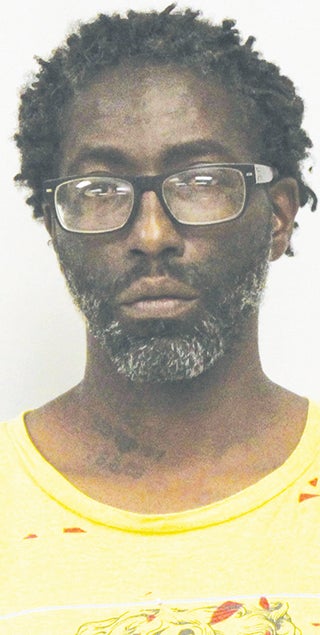Lung cancer screenings at Davie Medical
Published 10:17 am Thursday, December 1, 2016
By Les Gura
Wake Forest Baptist
HealthWire
Lung cancer kills more people in the US than any other cancer, and North Carolina has one of the highest incident rates of lung cancer in the country according to the Centers for Disease Control and Prevention.
At advanced stages, the five-year survival rate for lung cancer is less than 5 percent. One of the best ways to detect lung cancer is with an annual low-dose CT screening. Wake Forest Baptist Health-Davie Medical Center is one of a few facilities in the region to offer lung cancer screenings.
Dr. Christina Bellinger has never smoked, but many of her family members did. Her stepfather, a three-pack-a-day smoker, died of lung cancer. “People often don’t realize what an epidemic smoking is,” said Bellinger, an interventional pulmonologist with Wake Forest Baptist Medical Center. “Lung cancer is the leading cause of cancer deaths in this country—more than breast, colon and prostate cancer combined.”
Besides encouraging all of her patients to quit smoking, Bellinger and fellow pulmonologists have taken advantage of low-dose CT screenings that have a good record of detecting nodules or masses at an early stage which in turn offers a better chance of survival.
Bellinger said when lung cancer is caught at an early stage, it can be surgically removed, which is the best chance for a cure.
A national study involving 53,000 patients and 11 institutions (including Wake Forest Baptist) compared the low-dose CT screening scan with chest X-rays and found the CT scans resulted in reducing lung cancer mortality by 20 percent in a high-risk population of current and former smokers. The results were so conclusive that the study was ended early.
“Wake Forest Baptist has screened over 500 patients, and there has been a 2 percent lung cancer detection rate,” Bellinger said. “Ten cancers have been found, the majority in early stage.”
It is recommended that the test be given annually to people ages 55 to 77 who have smoked about a pack of cigarettes a day for 30 years or two packs a day for 15 years. Some people can take the test earlier if they are considered to be at a higher risk for lung cancer.
The screening itself is quick; it is done while the patient holds his or her breath for five to 10 seconds. It is also noninvasive—no contrast dye is administered and no IV is required. And the radiation dose is less than one-fifth that of a routine chest CT scan.
The Wake Forest Baptist program has been designated a “Lung Cancer Screening Center of Excellence’’ by the Lung Cancer Alliance, a national nonprofit that provides support and resources to advance research into the disease. The designation recognizes several factors, including the skill of a program’s multidisciplinary team to evaluate images and specimens obtained in screening and treatment work-ups, as well as the care of oncologists and radiation oncologists treating patients with lung cancer.
She stressed that the low-dose CT screening, even annually, is not a substitute for quitting smoking. “A screening scan is the best opportunity to counsel patients on preventing lung cancer,” Bellinger said. “Their best chance to reduce their risk of developing lung cancer is to quit smoking.”



